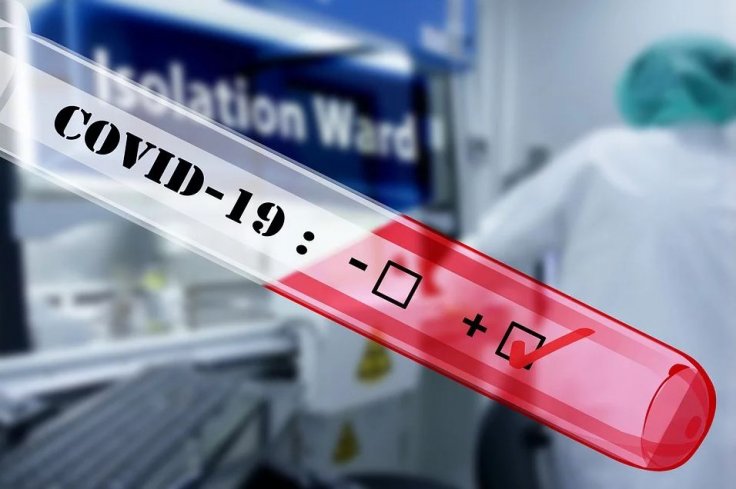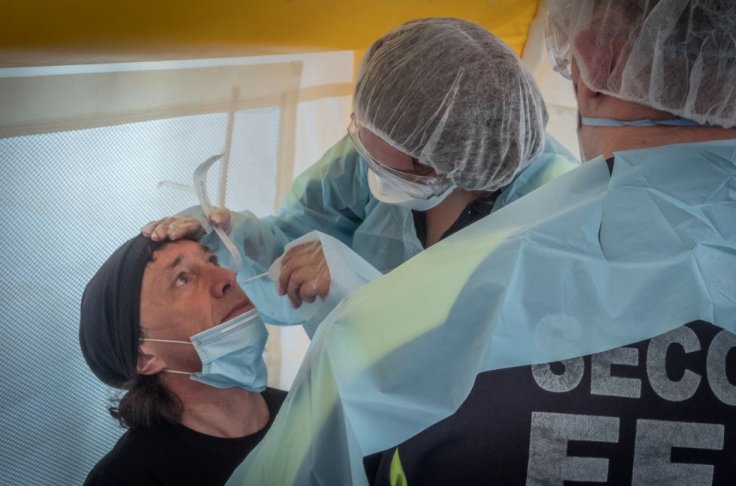Two of the biggest challenges being faced during the ongoing COVID-19 pandemic are the detection of asymptomatic cases of COVID-19, and the need for an effective mass testing method. Scientists from Hokkaido University have developed a solution that mitigates both the hurdles—a coronavirus screening technique that uses saliva.
In the study, the authors demonstrated an effective and rapid mass testing approach that utilizes saliva to identify individuals who carry the infection without exhibiting any outward symptoms. Such individuals can unknowingly infect dozens of people and exacerbate an already critical global health disaster.
"Rapid detection of asymptomatic infected individuals will be critical for preventing COVID-19 outbreaks within communities and hospitals," said Takanori Teshima, lead author of the study and Professor and Chairman of Department of Hematology, Hokkaido University in Japan.

Testing the Effectiveness of the Method
For the study, the team tested and compared the saliva and the nasopharyngeal swabs of nearly 2,000 individuals who showed no symptoms of the coronavirus infection. These samples were subjected to two diverse virus amplification tests—the popularly known Polymerase chain reaction (PCR) test, and the lesser-known yet faster Reverse transcription loop-mediated isothermal amplification (RT-LAMP) test.
The number of negative and positive results in all the samples was nearly the same. Nasopharyngeal swabs enabled the detection of the virus in 77-93 percent of the subjects, while saliva samples helped in the identification of the disease in 83-97 percent of the subjects.
Also, both tests successfully identified those without the disease in over 99.9 percent of the subjects. The viral load discerned in the saliva and nasopharyngeal swabs were highly correlated and equivalent. "PCR sensitivity is much higher than previously thought 70% that came from initial data of symptomatic patients," added Teshima.

A Reliable, Safe, and Quick Testing Alternative
Highlighting that both the samples showed high specificity and sensitivity to the coronavirus, Teshima stated, "Saliva testing has significant logistic advantages over the commonly used nasopharyngeal swab testing," He also, added that apart from not causing discomfort to the examinees, it eliminates the need for contact with examiners and protects them from the exposure to SARS-CoV-2.
"We also found that it is unlikely that the sensitivity of RT-LAMP is significantly less than that of the PCR test, suggesting that it might be a useful alternative for diagnosing COVID-19 infection, especially where diagnosis is required at the point of sample collection, like in sports venues or at airports," said Teshima.
The team, however, admitted that they did not follow up on the clinical outcomes of the sample providers, which they stated was a limitation. Nevertheless, they declared that the results of the study indicate that an approach of self-collected saliva samples and rapid RT-LAMP testing provides a viable mass testing method that is reliably accurate, quick, and non-invasive. Moreover, it minimizes the risk of healthcare workers contracting the disease.








